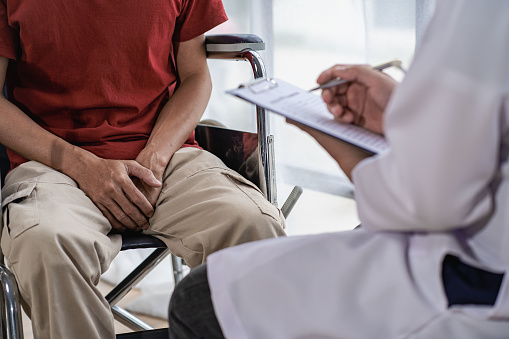Warning Signs for Prostate Cancer

Prostate cancer is one of the most common cancers among older men, and recognizing the warning signs early can lead to better outcomes. One of the primary signs is difficulty with urination. This may include a weak or interrupted urine stream, frequent urination (especially at night), or a feeling that the bladder is not completely empty. These symptoms occur because the prostate gland, when enlarged or affected by a tumor, can press against the urethra and obstruct the normal flow of urine.
Another key warning sign is pain or discomfort. This might include burning during urination or ejaculation, as well as chronic pain in the lower back, hips, or pelvis—areas where prostate cancer often spreads if it progresses. While these aches are sometimes mistaken for common age-related issues, persistent or unexplained pain should be evaluated by a healthcare provider.
Blood in the urine or semen can also be an early indicator of prostate issues, including cancer. Though less common, this symptom should never be ignored, as it often points to inflammation, infection, or something more serious. Men may also notice erectile dysfunction or a decrease in sexual desire, which, while not exclusive to prostate cancer, can sometimes accompany the disease.
Because many early-stage prostate cancers cause no symptoms at all, routine screenings such as the PSA (prostate-specific antigen) blood test or a digital rectal exam (DRE) are crucial, especially for men over 50 or those with a family history of the disease. Detecting prostate cancer early, even without symptoms, offers the best chance for successful treatment and long-term health.
To read more about prostate cancer warning signs from AARP, CLICK HERE.
